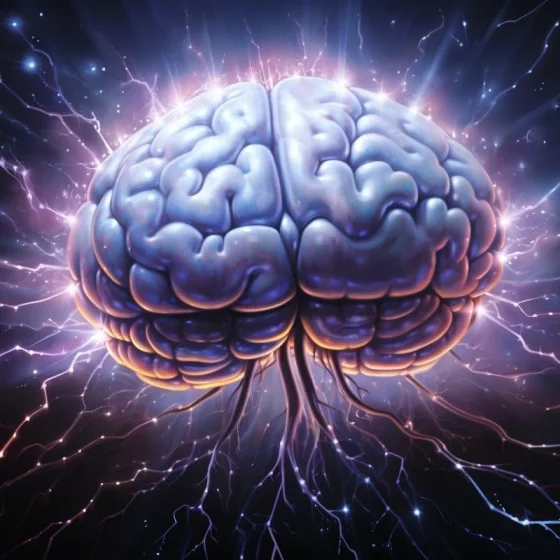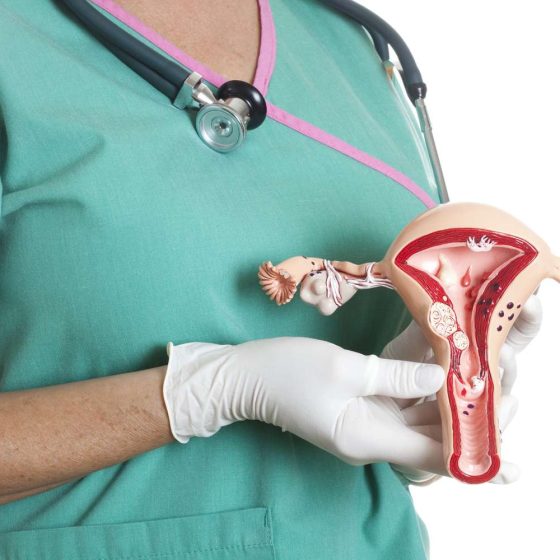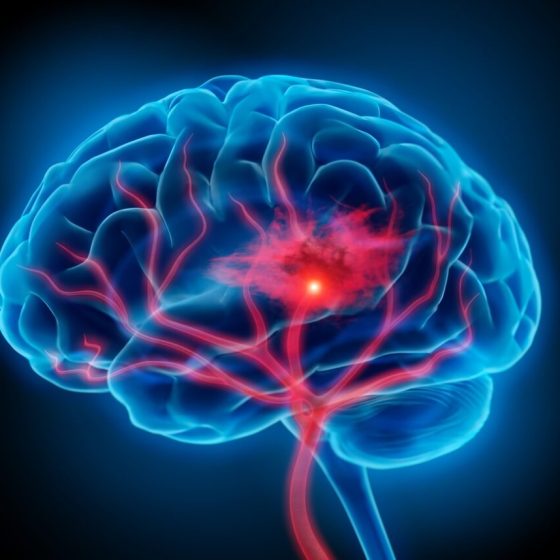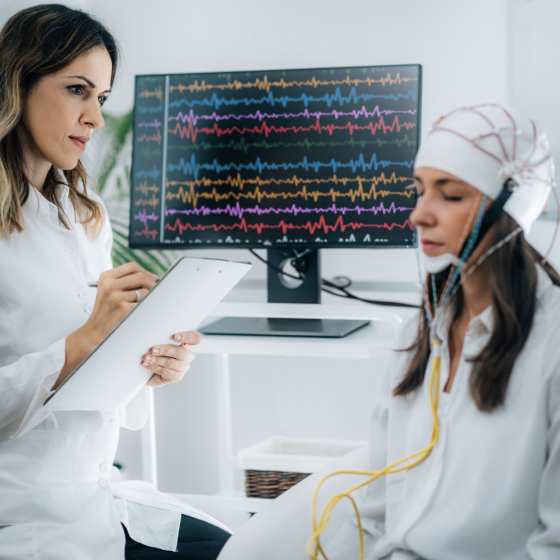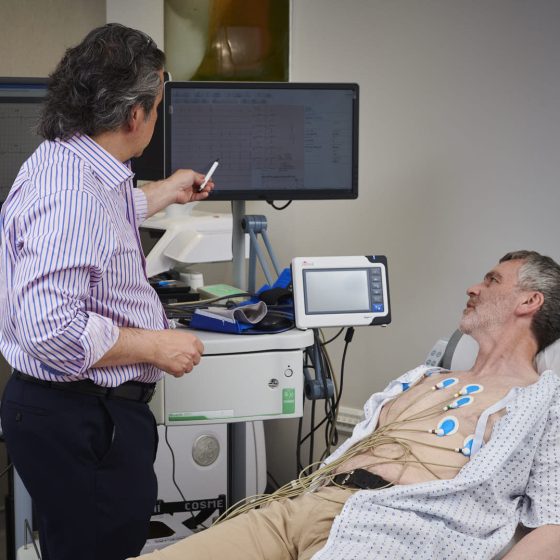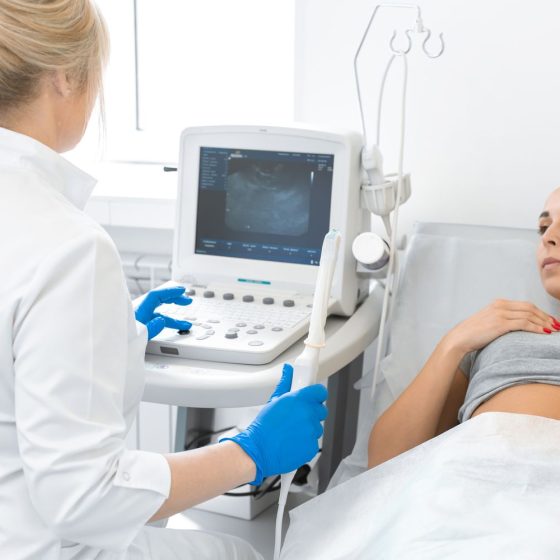Excessive worry
It’s natural to worry about things that are important in your life. But if you find you are worrying about every little thing, this can be a problem. When is it excessive worry? Worry is to feel anxious about things — to think in a negative way about something that may or will happen in the future. It’s common to worry about stressful situations, such as taking an exam or a job interview. This worry is generally short-lived and can be regarded as problem solving for a new or challenging situation. These feelings can drive us to achieve more and


